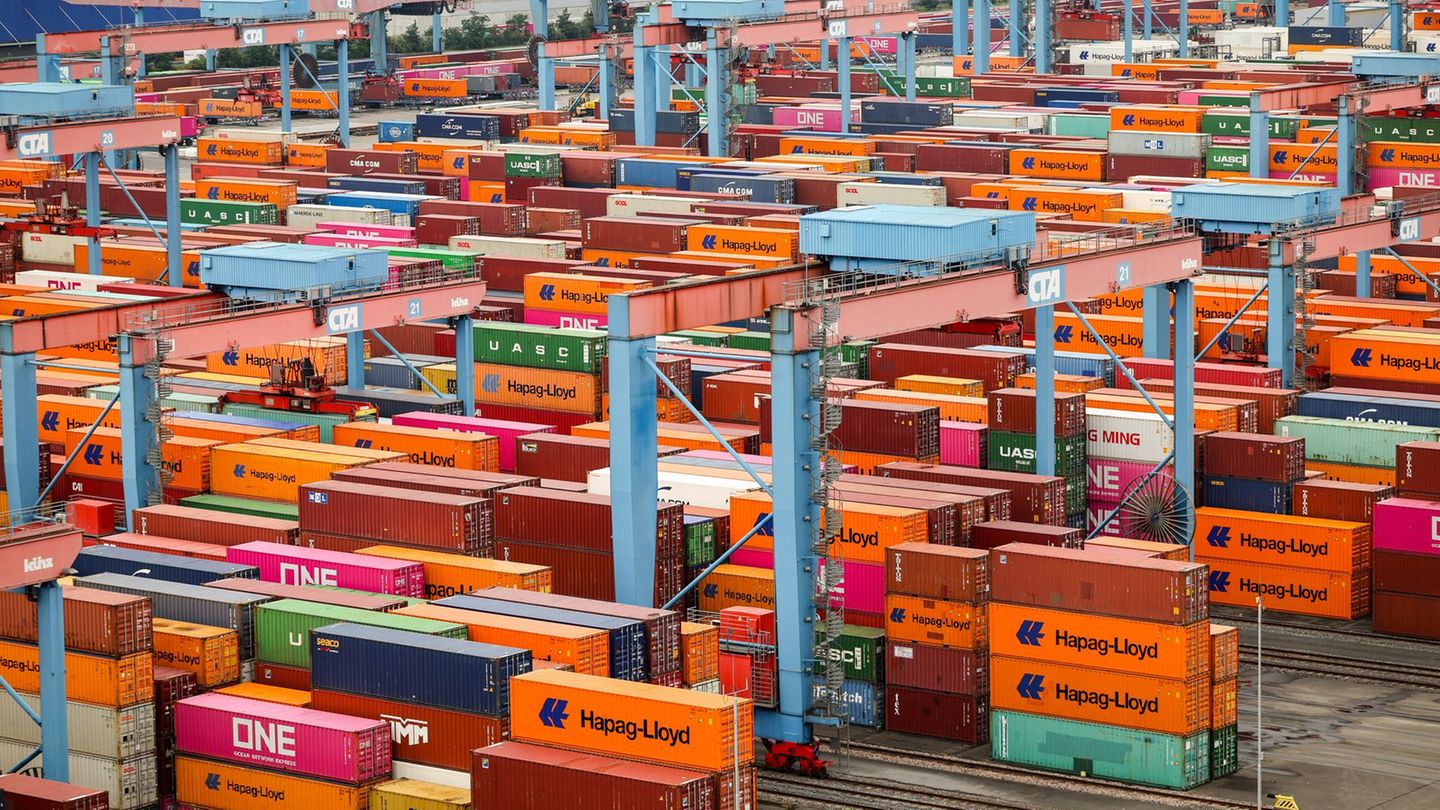Menu
Trump plans: IFO: mutual tariffs damage less than a flat rate
Categories
Most Read
Self-assessment: Millions of people don’t have enough money for heating
October 16, 2025
No Comments
Food: Nestlé cuts 16,000 jobs
October 16, 2025
No Comments
Fuels: ADAC: Fuel price rule could make refueling more expensive
October 16, 2025
No Comments
Federal Court of Justice: After Wirecard insolvency: BGH examines shareholder claims
October 16, 2025
No Comments
Industry in crisis: Car cities are suffering from a decline in trade tax
October 16, 2025
No Comments
Latest Posts

Driving license: Would you still pass the theory test today?
October 16, 2025
No Comments
Vera StackI’m a recent graduate of the University of Missouri with a degree in journalism. I started working as a news reporter for 24 Hours

Bicycle overshoes: This keeps your feet warm and dry
October 16, 2025
No Comments
PierceI am Pierce Boyd, a driven and ambitious professional working in the news industry. I have been writing for 24 Hours Worlds for over five

Save with your pension card: You get these discounts
October 16, 2025
No Comments
AngelicaI am an author and journalist who has written for 24 Hours World. I specialize in covering the economy and write about topics such as
24 Hours Worlds is a comprehensive source of instant world current affairs, offering up-to-the-minute coverage of breaking news and events from around the globe. With a team of experienced journalists and experts on hand 24/7.

